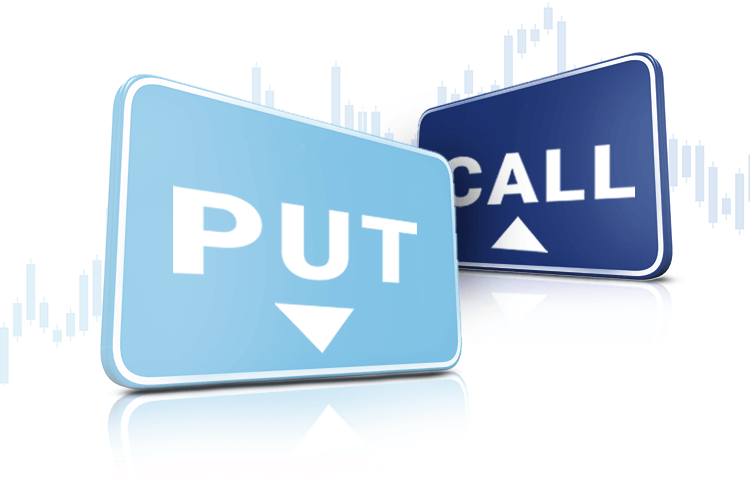What is Options CFD Trading?
Put simply, in the traditional trading market (not the CFD market) an Option is a contract where the seller gives the right, but not the obligation, to the buyer to buy or sell an underlying instrument such as a stock, commodity, index, forex pair or another asset. This comes with a predetermined price (the strike price) that the underlying instrument needs to reach before an expiry date. In the CFD market, rather than actually owning any options, the buyer/seller has the opportunity to speculate on the price difference of the opening and closing of the Option. When the Option CFD expires, the position is closed at the last available rate.
How do Options CFDs Work?
To understand Options CFDs, we must explore the basic fundamentals. Options CFD features follow traditional Option’s features in how the components are built. These include the following:
The Underlying Instrument: This is the name of the instrument on which the option is based. Options CFDs are based on this and the components are derived from here.
Call and Put: In a very broad sense, the two main types of Options are Calls and Puts. In the CFD market, the buyer of a Call Option speculates that the price will rise. The buyer of a Put Option speculates the price will fall. The Option CFD holder does not have the right to buy or sell, but will either profit or incur a loss from the difference in the opening and closing price.

The Strike Price: The strike price is the price of the underlying instrument on which the contract is set. E.g “Apple | Call 300 | Jul” is a contract based on the price of Apple being above, or below, $300 when it expires in July. In this case, the Strike Price is $300. A buyer of this contract expects the price of Apple shares to be above $300 when it expires.
Expiry Date: Every Option contract comes with an expiry date. If the rate of the underlying instrument does not reach the Strike Price before this date, the Option will expire with little, or no value. Also, the longer time duration an Option has, the more chance the market will move in the holder’s favour: in other words, the closer the contract gets to the expiration date, the less the time value of the option. Options CFDs are affected by time value in the same way as the underlying instrument. The Plus500 trading platform will close your Options CFD position automatically at the expiry date, if not closed earlier by you.
Some of the factors that influence the value of Options CFDs on the Plus500 platform are:
- The current price of the underlying instrument.
- Amount of volatility in the market.
- Expiry date (the longer it is until the expiry date, the more time the market has to hit the strike price).
- Supply and demand in the underlying market for the specific Option.
*Please check the expiry date in the Instrument’s details section, as Plus500’s expiry day may differ from the expiry on the Exchange. The expiry date for Options CFDs on the Plus500 platform is typically set a few days before that of the traditional Options on the underlying market.
Why Should I Trade with Options CFDs?
Trading with Options CFDs generally offers greater exposure than trading other instruments, such as Share CFDs. This means you can open larger positions with less capital. For example, with a leverage of up to 1:5, for every $1,000 you deposit, you can trade up to $5,000 worth of Options CFDs. It is important to remember that while trading with leverage can magnify profits, it can also increase losses.
Traders on the Plus500 CFD platform have the added benefit of using risk management tools such as Stop Loss, Limit Stop, Guaranteed Stop etc. to help prevent losses.
Plus500 does not charge commission on any Options CFDs offered on the platform.
Final Thoughts
Trading Options CFDs may bring many benefits. These include increasing your market exposure as Options CFDs offer more leverage than other underlying instruments such as Shares CFDs. There are no commissions on Plus500 Options CFDs and are settled by the difference of the opening and closing price. The Plus500 platform offers risk management tools that can help you mitigate the risk of potential losses. Although trading Options CFDs has its advantages, there are significant risks involved as well, because they are traded with leverage. With all this in mind, if you are looking to speculate or hedge your exposure then CFD Options may be something you can consider.
